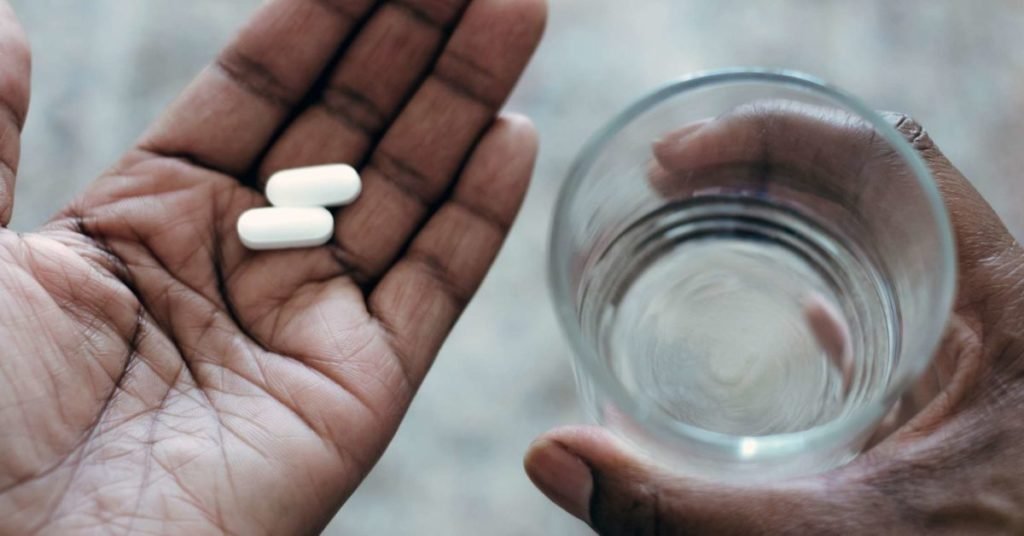If you have had a deep vein thrombosis or myocardial infarction, your healthcare provider may prescribe blood-thinning medications. Also known as anticoagulants, blood-thinning medications are used to ensure that no clot forms inside your body and hinders the blood flow. Otherwise, if the clot forms inside your body, it can disrupt the blood supply to a certain organ, leading to its damage or failure.
Disruption of blood supply can lead to serious complications. Therefore to prevent them, your healthcare providers prescribe you anticoagulant drugs to make sure that your blood flows with ease.
A major drawback of blood-thinning medications is that if you start to bleed externally, it may not stop in the designated time. If you take anticoagulants, you must read this article. So that, you take them with safety measures. If you have deep vein thrombosis, you must visit the Best Internal Medicine Specialist in Karachi.
Tips with Blood Thinners Therapy
Avoid Falling
Your healthcare provider prescribes anticoagulants to prevent clot formation inside your body. When you fell or bump into something, a minor cut can result in bleeding. Sometimes it may become hard to stop bleeding. Therefore you must try to do safe physical activities, such as walk, swim or static cycling. Make sure when you go out on a bike, you wear a helmet.
Stick to the schedule
To ensure that your medicine works, you must stick to your schedule. Take the prescribed blood thinner at the same time every day. You can use a pill organizer, any smartphone app, or calendar so that you do not skip the pill. If you miss the dose, ask your healthcare provider when you should take it. Make sure you do not double up blood thinners.
Know the interactions
Anticoagulants often interact with various medications. Therefore if your healthcare provider prescribes any other drug, you must consult with your pharmacist, or a doctor to know about their interaction.
If the effect of blood thinner is increased due to interaction, it can cause increased bleeding. And if the effect of anticoagulant is decreased due to interaction, it can cause clotting.
Be careful
While you cut something, you need to be more careful than ever. To protect yourself, you can wear gloves. Make sure you do not hold the knife too close to yourself.
Moreover, try using an electric razor so that you do not cut up yourself. While trimming nails, be careful that you do not cut them too closely. If bleeding occurs due to any cut, apply pressure. If applying pressure does not stop bleeding, seek medical help as soon as possible.
Know about your vitamin K intake
Too much vitamin K intake can affect the action of warfarin- a common anticoagulant. Some foods, like lettuce and spinach, contain a high amount of vitamin K. Therefore, you must monitor how much vitamin K you consume in your daily life.
Regular monitoring
When you take anticoagulants, your healthcare provider asks you to get regular monitoring of parameters that indicate in how much time bleeding could stop. By those tests, your doctor can prescribe the right dosage of blood thinners.
Be gentle on your Teeth
When you brush your teeth harshly, your gums can bleed. Therefore, you must be gentle to your oral cavity while brushing your teeth. Moreover, brush them twice a day so that they remain clean and no infection occurs.
Conclusion
Anticoagulants need monitoring of parameters that indicate bleeding time. Moreover, you need to be extra cautious with its therapy. If you take blood thinners, you must attend follow-up visits with the internal medicine specialist in Lahore

